Acting as an executor of someone’s estate can be an honor, but can also turn out to be a challenging venture if certain guidelines are not followed or ignored. North Carolina Law gives an executor, also known as a trustee or administrator, considerable discretion to distribute an estate to the heirs. This includes the allocation and disposition of assets or property. As an executor, it is also your responsibility to ensure that you settle any debts and credits that the deceased had and distribute the remaining amount to the beneficiaries according to the last testament.
With all these duties, an executor is expected to work with the utmost honesty and diligence. This requirement is also legally referred to as “fiduciary duty” and executors are prone to legal liability if they fail to deliver this duty. It is also essential to note that the state of North Carolina has probate laws that should be followed in allocating assets or property. As an executor, you must be familiar with these statues as they are vital tools when performing your duties.
Cases In Which An Estate Executor Can Be Sued
Although the law does not require an executor to be an attorney or a financial expert, it is essential to have legal counsel during the probate process. There are tax issues or complex legal matters involved in estate administration, and they require expert knowledge. With the help of an attorney, the executor can carry out their duties more confidently and with low chances of making errors or mistakes.
The beneficiaries or other interested parties have a legal right to sue the executor for breach of fiduciary duty or any wrongdoing resulting in financial loss. Read on to learn more about when a beneficiary of an estate can sue the executor.
Misappropriation of Funds
There are multiple ways through which an administrator can misappropriate estate funds. One of the common ways is through stealing. An executor is usually allocated all the access to estate funds, and they also have the authority to take some funds out. With complete control of the estate fund, the administrator can be tempted to commit outright fraud or theft.
All the estate funds should be kept in an estate account, and it is illegal for a trustee to transfer any fund to their account. This also means that the executor should not use the property to make any investment. The only expenses that an executor should clear with the estate funds include taxes and legal fees.
The disbursement of funds only occurs after all the debts have been settled. Before distributing the funds, an executor needs to provide a summary of the paid expenses and an account for the remaining amount, including what share of inheritance each beneficiary should expect to get.
If a beneficiary suspects that a trustee is stealing money from the estate, they have the right to file a lawsuit against them.
Failure to Pay Creditors’ Taxes and Other Expenses
The most common expenses of an estate include:
- Federal and state taxes.
- Funeral expenses.
- Administration expenses.
- Allowed claims from creditors.
- Costs of last illness.
An executor must notify the creditors about how and when to clear their outstanding balances. Some bills require more attention than others, and it is vital to pay them quickly to avoid potential penalties.
As an estate administrator, you should be aware of the tax responsibilities of the federal and state governments. Some of the tax duties include filing; income tax returns for the decedent, income tax for the estate, and estate tax returns. You will need to obtain a new tax identification number or new employer identification number from the IRS to file income tax for the estate.
An executor has a responsibility to ensure unpaid taxes or other debts are handled properly. A beneficiary or the other affected parties can sue an estate administrator for ignoring deadlines for court documents, tax errors, and failure to pay creditors or other expenses.
Withholding Inheritance
An executor is required to distribute the assets or properties after clearing all the debts and taxes. However, if nothing is left after paying the expenses or the estate is insolvent, the beneficiary may not receive what they expected.
But the beneficiaries can sue the executor for deliberately delaying distributing the remaining estate after clearing the expenses. Executors should abide by the terms of the Will, and they do not have any obligations to deviate.
Misinterpretation of State Probate Laws
North Carolina has its own probate laws, and any misinterpretation by the executor could cause financial loss to the estate and its beneficiaries. If this occurs, the heirs or beneficiaries can sue the executor for the loss or damages resulting from misreading.
Displaying Favoritism Toward Particular Beneficiaries
As a rule of thumb, the executor should distribute the assets and property per the last will. This means that the administrator has no legal obligations to change the trust or override a beneficiary.
In some instances, the executor is also listed as a beneficiary. They should not take advantage of such situations and allocate themselves more than what is in the testament.
However, an administrator listed as a beneficiary may be entitled to an executor fee, which includes their effort and time. If the heir displays favoritism during estate division, the heirs have a right to contest the will and pursue litigation for a fair distribution.
Our Fiduciary Litigation Team Can Help
When an executor breaches any of the above duties, the beneficiary has a right to file a lawsuit against them. Initiating the litigation requires the beneficiaries to have sufficient and compelling evidence showing that the executor failed to deliver their fiduciary duties.
The heirs or interested parties can request the court to remove an executor, sue for damages, or press for criminal charges. In North Carolina, executor removal involves filing a petition in the appropriate court. Our team at Fiduciary Litigation Group can help – contact us today to schedule a consultation if you have been harmed by an executor violating their fiduciary duties.

